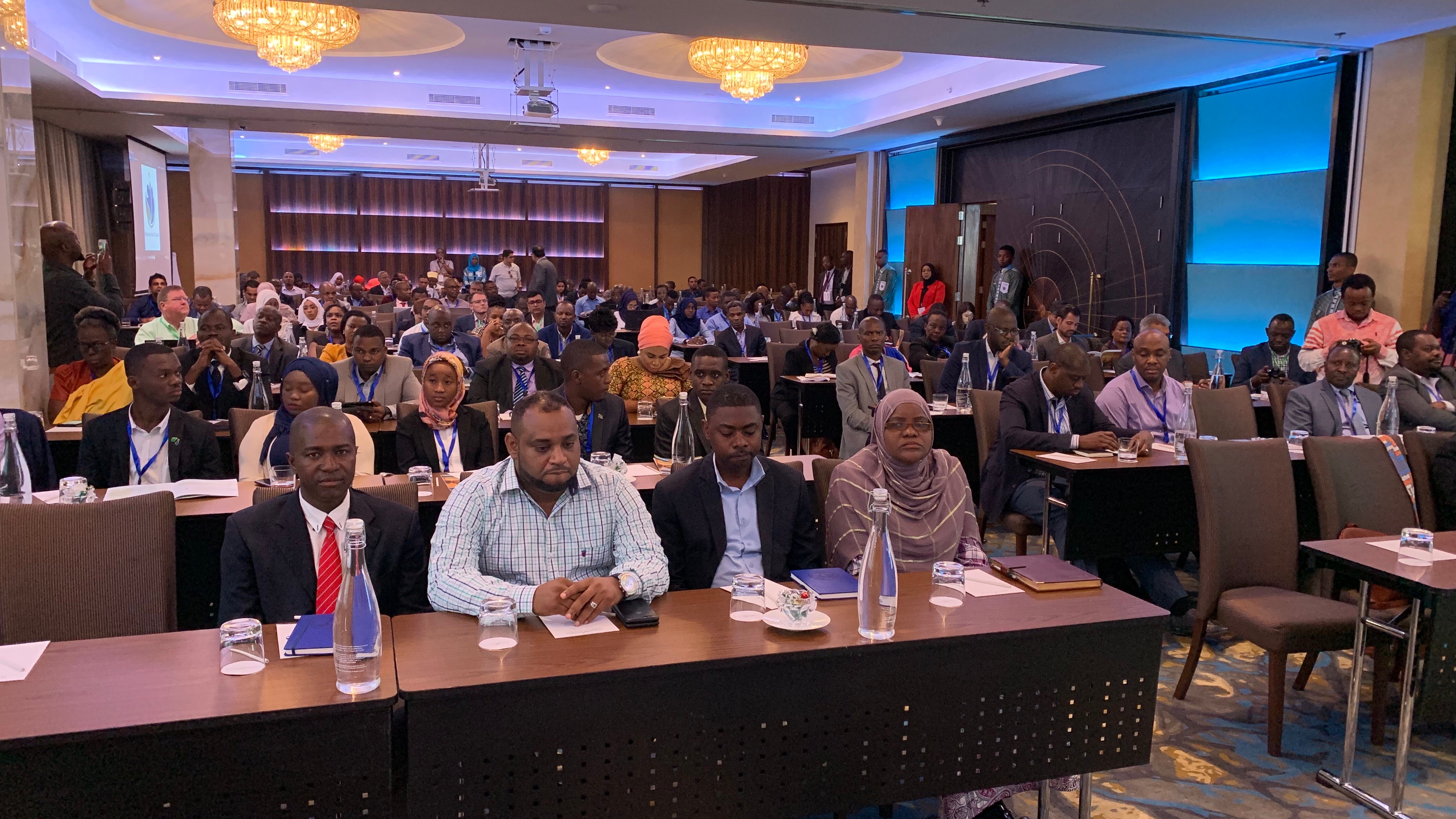Tanzania aims at reaching 50% of the adult population with insurance by 2028
5th Eastern & Southern Africa Regional Microinsurance Conference
properties.trackTitle
properties.trackSubtitle
Insurance penetration in many sub-Saharan countries is amongst the lowest in the world. How to increase access in Eastern and Southern Africa was the subject of the 5th Eastern & Southern Africa Regional Microinsurance Conference that concluded on August 15 in Zanzibar.

Agricultural insurance remains a key priority
According to figures from the United Nations, over 2.5 billion people depend on agricultural income globally. This sector is especially important in developing countries. Erratic rainfall is the main risk for subsistence farmers according to agricultural insurance experts presenting at the conference. Traditional planting seasons are changing. Climate change and the resulting change of weather patterns will make the situation even more difficult for farmers. To maintain and increase agricultural production, mechanisation and therefore access to capital are needed. Access to loans however requires appropriate risk management - including adaptation and prevention measures. This includes access to agricultural insurance, which does not seem to reach smallholder farmers. According to the TWG, agricultural insurance only accounts for 0.02% of all available products in Tanzania. Similar figures are very likely in most Eastern and Southern African countries. It is therefore no surprise that less than 3% of total bank lending in Africa goes to the agricultural sector, that accounts for about 70% of employment and 40% of GDP. Experts agreed that one of the main reasons for such a low outreach is that farmers still have difficulties in understanding the concept of insurance. Availability of appropriate products and affordability are also main barriers. Examples from Zambia, Kenya and Rwanda presented at the conference demonstrated that governmental involvement and cooperation with the private sector can result in higher numbers of farmers covered by agricultural insurance.
Partnership, partnership, partnership
In his opening remarks, Ambassador Mohamed Ramia Abdiwawa, Minister of Finance and Planning, underlined the fact that the Tanzanian Insurance Regulatory Authority (TIRA) and TWG will play a key role in achieving the 2028 target of reaching 50% of the Tanzanian adult population with insurance. The Commissioner of Insurance, Dr. Mussa C. Juma, explained that the goals of the TIRA are removing regulatory barriers and creating a more flexible regulatory environment, allowing easier development and testing of new products and market growth on the one hand and client protection on the other.

Low insurance awareness remains a key challenge according to the Commissioner. The TIRA coordinates its work with other regulatory bodies and government agencies, such as the Ministry of Finance and the Ministry of Education, and has a strong partnership with development organisations such as the FSDT - that is aiming at driving forward insurance penetration. The TWG’s role is to coordinate the engagement of various stakeholders and create a networking platform for institutions engaged in financial inclusion. The TIRA strongly believes that partnerships are important to increase insurance outreach. Insurance embedded in mobile payment schemes are one of many examples where different financial service providers can work together and develop products that create value for customers.
The way forward
To achieve the 2028 target, speakers agreed that increasing insurance awareness plays a key role. People need to understand what insurance can and can not do. Furthermore, the development of insurance needs to be embedded in a broader financial inclusion and disaster management strategy. Affordability and the costs of distribution remain key challenges, which can be overcome by using appropriate technologies as well as by removing regulatory barriers. The availability of data, such as for the weather, needs to be improved. Experts agreed that using technology such as mobile payment schemes and drones is crucial in reducing costs and improving data, even more so given that 80% of the sub-Saharan population will have mobile devices by 2020 according to the global association of mobile network operators, GSMA.

Experts urged the insurance industry to be more customer centric. Understanding customer needs is key. A flexible organisational structure that can “think outside the box” and that is allowed to take risks is the basis for developing products that create value for low income customers and that are relevant to them. Customers need to actually see that insurance creates value and insurers need to create trust in their services. “We need to pay claims” said Lorenzo Chan, CEO of Pioneer Insurance from the Philippines. Paying claims is an important marketing tool, added Chan.
The creation of the TWG, the cooperation between government and regulatory authorities, and the creation of a national financial inclusion strategy, have laid the foundation for achieving the 2028 goal of reaching 50% of the adult population in Tanzania. “We do have technology available - unlike previously in the industry” said Dirk Reinhard, Chairman of the Munich Re Foundation, summarising the findings of the conference. “We need to have a long term perspective and be patient” he added. “The fact that two thirds of the conference attendees came from Tanzania is a clear sign that the insurance industry is ready to increase its market development efforts” was the conclusion by Khamis Suleiman, CEO of Sanlam Life Insurance and Chair of the Organising Committee for the conference.